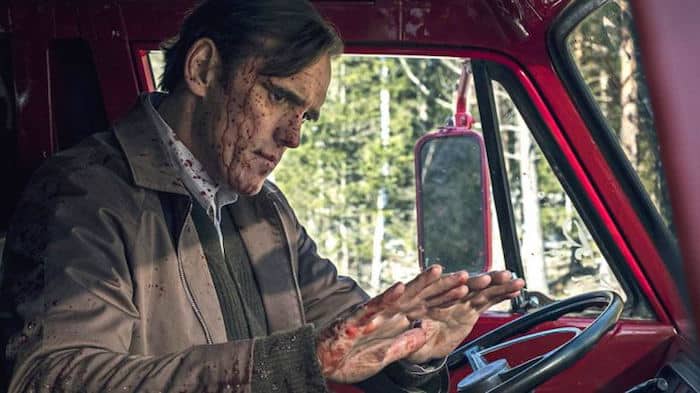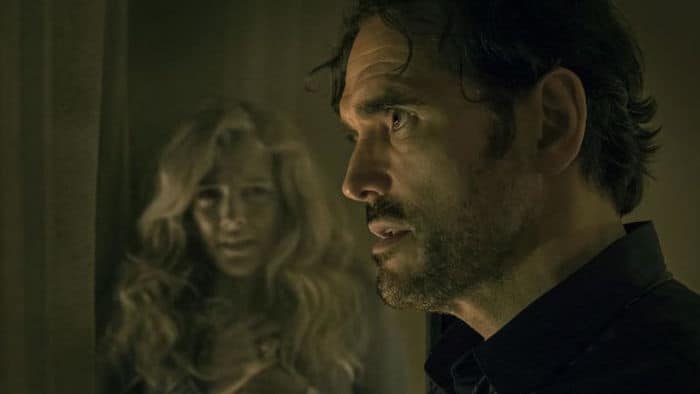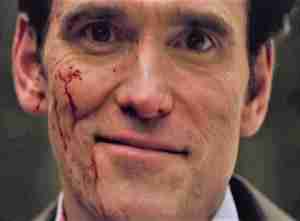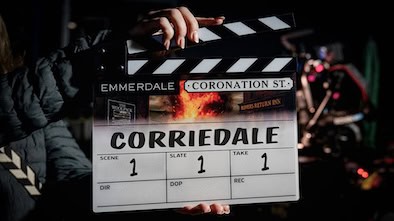
Some will say that Lars von Trier’s latest film, The House that Jack Built is an overly self-indulgent ego stroke, sprinkled throughout with self-gratifying homages. Others will say that the film is a unique and important work of art. Both are right.
Lars von Trier does what he does best, taking the audience through a cinematic experience that pushes every boundary possible, creating an environment where he only plays by his own rules and will not conform to any standard or template, creating a film for him, by him, because it is the only way he can continue to move forward as not only an artist but a person.

Forgoing his traditional acting ensemble, Trier cast Matt Dillon as the title character who is a confessed serial killer who is handicapped by his OCD.
Dillon gives one of the finest, if not the best performance of his career as he blends his big screen stoicism and offbeat humour to create a character that brilliantly moves back and forth between a richly layered and detailed character who can also intentionally become one dimensional.

The film is very complex in its structure, it operates in Trier’s seminal act structure and forgoes the use of a score; only using David Bowie’s Fame which is injected sporadically throughout.
The first half of the film is humorous, as Jack fumbles his way to becoming a killer, most notably suffering from OCD and continuously going back to the scene of a crime to clean it. Dillon is marvellous, creating odd humour and a wry persona until he takes a mother and her two young sons hunting midway through the picture, and then the film intentionally loses its humour, and creates a monster that slowly begins to unravel into the final act of the film.

There are many metaphors, slight and obvious, religious undertones, critiques of humanity, and a montage of clips from Trier’s previous work. Discerning or diagnosing Trier is a mistake that many critics and viewers get trapped into doing, to the delight of Trier.
With The House that Jack Built and any other von Trier film, it is akin to a chose-your-own-adventure story. It isn’t what Lars von Trier is saying that is important, it is how it makes the viewer feel.
Review by Frank Mengarelli
Summary
Lars von Trier’s latest film is a brutally dark and offbeat humorous journey into the mind of a serial killer. It is daring as it is funny, that pulls no punches and goes right for the throat.





